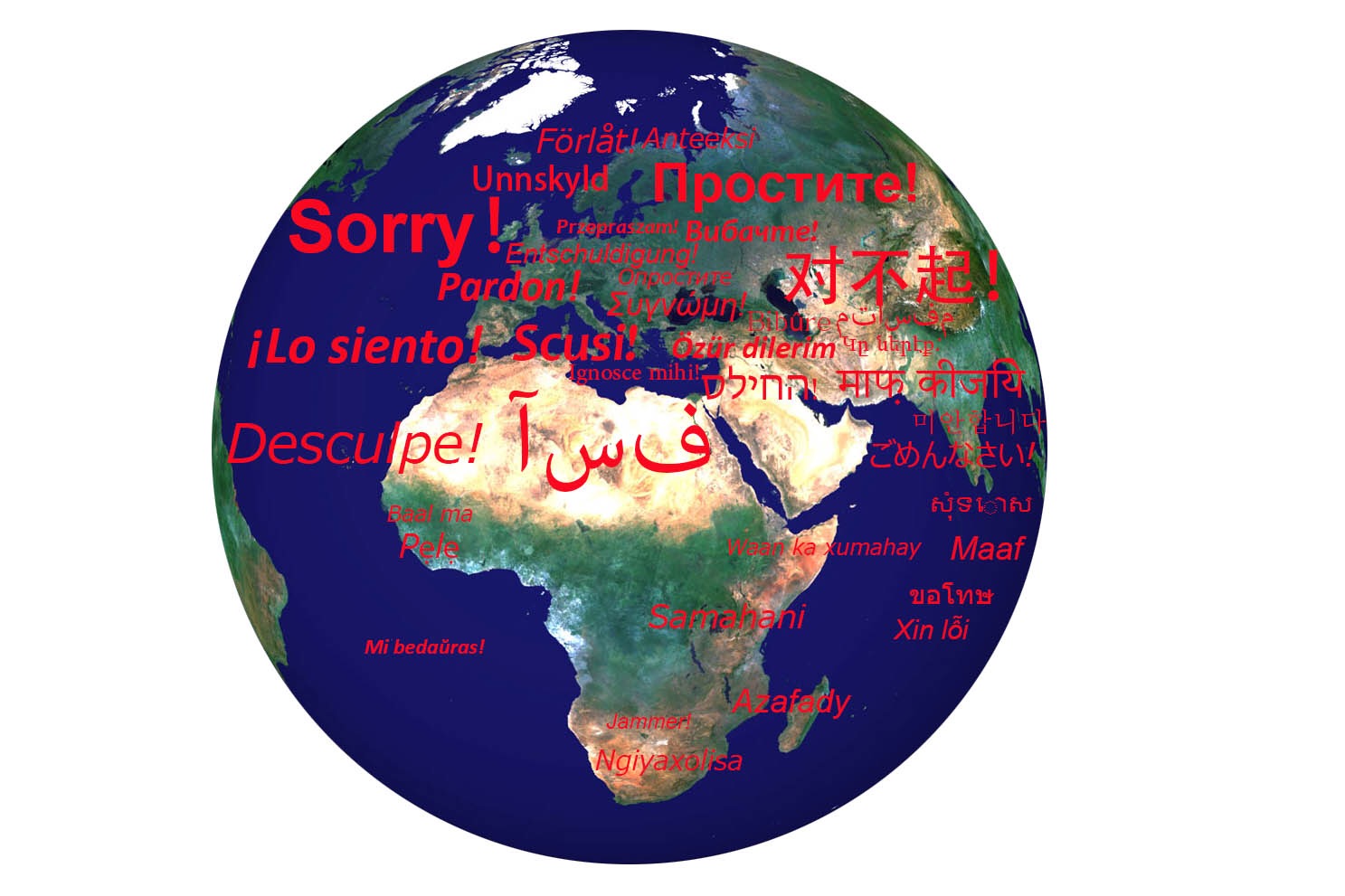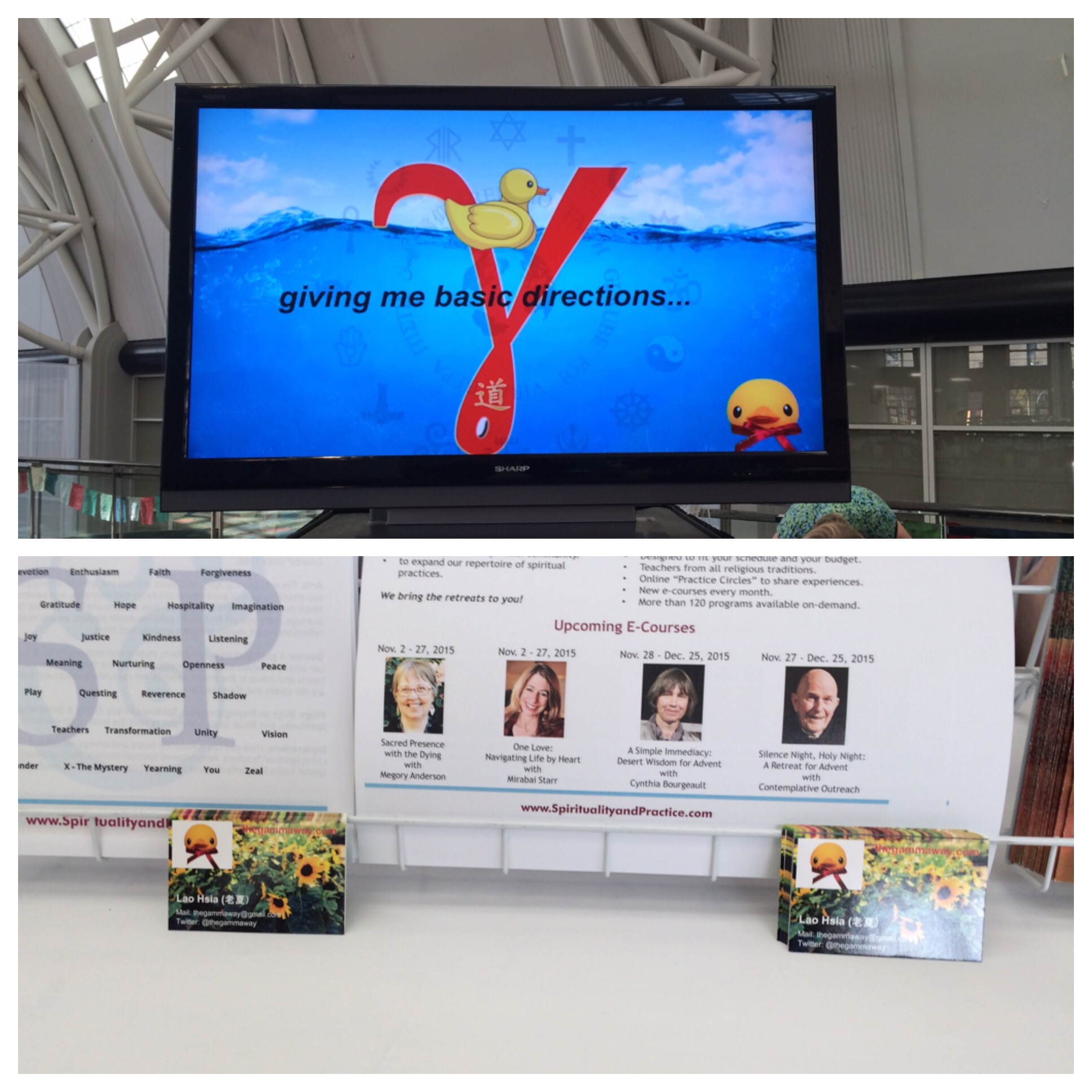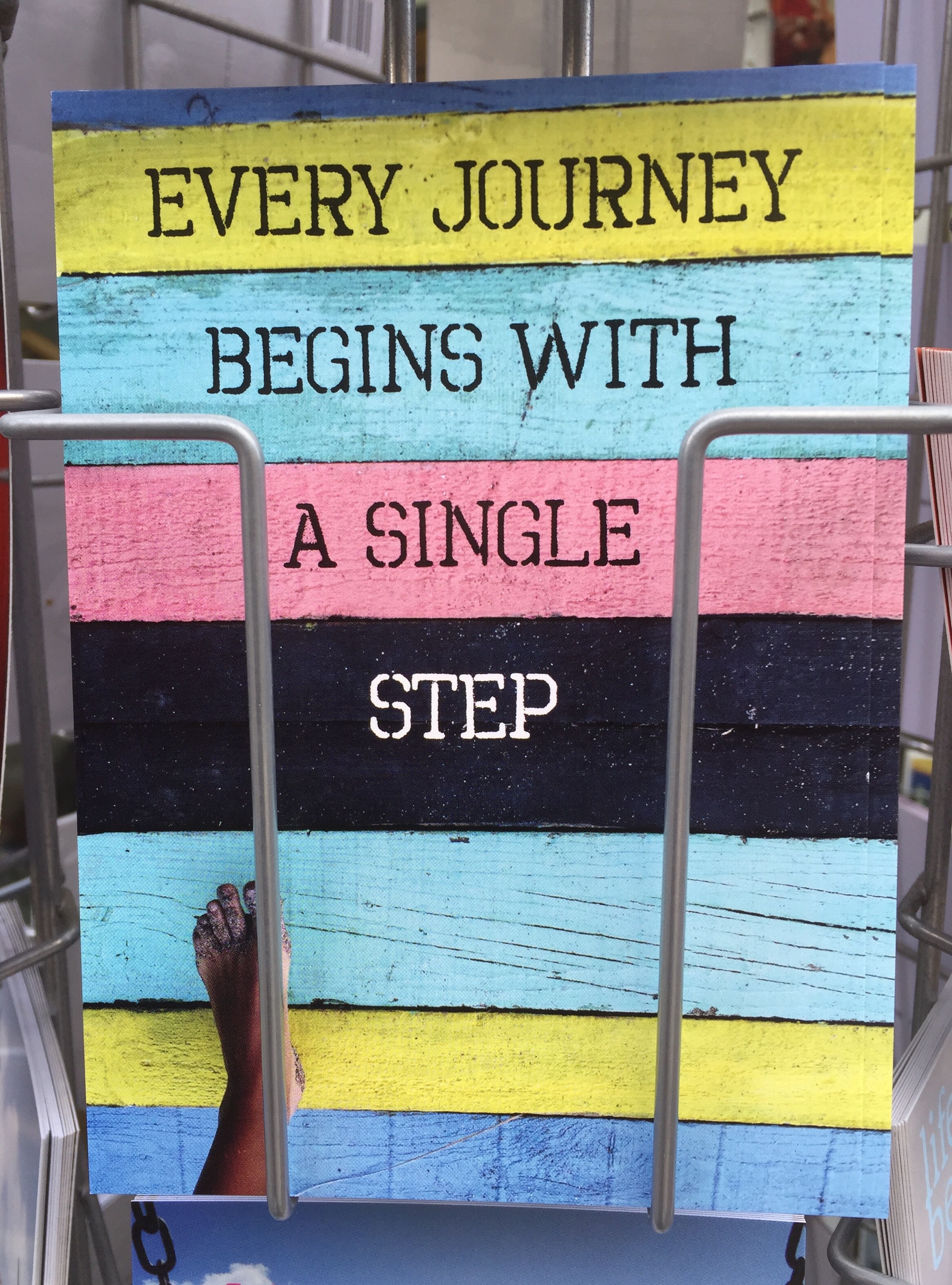
It must be hard to be a Muslim in the west these days. Whether you are an open-minded, moderate Muslim or not, you will probably meet several people that expect you to speak out against extremist violence.
It is good for Muslims to stand up against extremist violence. No doubts about that, but it makes me wonder how fair it is to expect a firm stance from others and at the same time expect nothing much from ourselves. Are we aware enough of our own collective responsibilities?
Not all acts of violence are as visible as a brutal bomb attack. Violence has many forms. In our modern societies we have become alienated from the effects of our collective actions. I am afraid that in the end we are all big shareholders of violence.
While I was thinking about this last week, I wondered why there is no International Apology Day? We have special days for everything.
I googled a little bit and found out that Australia already has a National Sorry Day to remember and commemorate the mistreatment of the country’s indigenous population.
Is one day enough?
Most of these special days pass unnoticed and have no lasting effect. If we are to apologise for all the violence in the present and the past committed by all the groups we belong to or descent from, we need a whole week at least!
Only a full week of apologies and reflection may actually change something in our hearts.
It is a crazy idea. I do not expect it to become very popular. Nobody likes to make apologies. Sorry really seems to be the hardest word. Even the easiest spontaneous excuses for small discomforts we cause to others seem on the decline these days.
Collective apologies are always extremely delicate. Especially nations have huge difficulties with this. If national apologies are ever made, they often take place many years after the facts.
Apologies have no value if they are imposed. An Apology Week can be facilitated in many ways, but the apologies should always remain voluntary.
If there is ever going to be a public Apology Week, it has to start with a few individuals or small groups of individuals.
So why not give it a try? This website is my personal breeding ground for religious (or philosophical) experiments. Apology Week week could very well become part of my personal religion.
The week before winter solstice (15 to 21 December), just before Christmas and the New Year, seems to be a perfect timing. All these festive days are related in various ways and mark a new beginning. It is always a good idea to have a period of reflection before a celebration and especially before good resolutions.
There is only one “problem” with this timing. My first personal Apology Week will start already in two weeks! This leaves me with very little time to think it all over and make proper arrangements.
So this first year will most likely only be a test: a week of meditation and reflection on how an Apology Week could be celebrated in a meaningful way.
Since this website is so small and the whole idea so new, I am a bit reluctant to ask already for ideas and support. But I may be wrong…
Apology Week needs some structure. I think each day should be directed to a different category of apologies.
For example:
- Day 1: Apologies to the Earth
- Day 2: Apologies to animals
- Day 3: Apologies to social groups
- Day 4: Apologies to women
- Day 5: Apologies to cultures (or nationalities)
- Day 6: Apologies to minorities
- Day 7: Apologies to individuals
As you can see, this is already quite a list!
There can be no apologies without true feelings of guilt. Still, it is not my intention to feel terribly bad about myself during this week.
Apologies often lead to feelings of relief, but I am afraid that in this case such effects will be limited. I do not feel particularly guilty now. There will be no acceptance. No absolution. During Apology Week feelings of guilt and apologies will only increase reciprocally.
It all has to be a matter of proportion. Collective feelings of guilt and apologies should always stay within a just collective proportion for an individual person.
It is no use for anyone to put all the blame of the world on his or her shoulders.
The main purpose of my first personal Apology Week will be to increase my own collective sensibilities.
If Apology Week would ever go public, this main purpose can probably stay als it is. No need to aim for reconciliations, most of us have still work to do on our non-selective collective sensibilities.
Our collective capacity to inflict harm upon the world and others has way surpassed our natural sensibilities as human beings. An Apology Week could very well prove to be a useful ritual to increase our collective sensibilities.
If so, an International Apology Week week will almost naturally lead to more compassion in the world and eventually also to collective acts of compassion as well.
Collective acts of compassion are more needed than ever.









